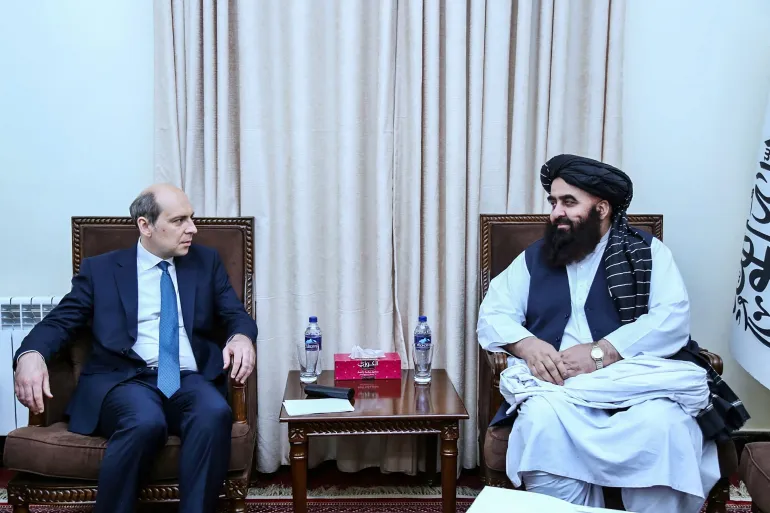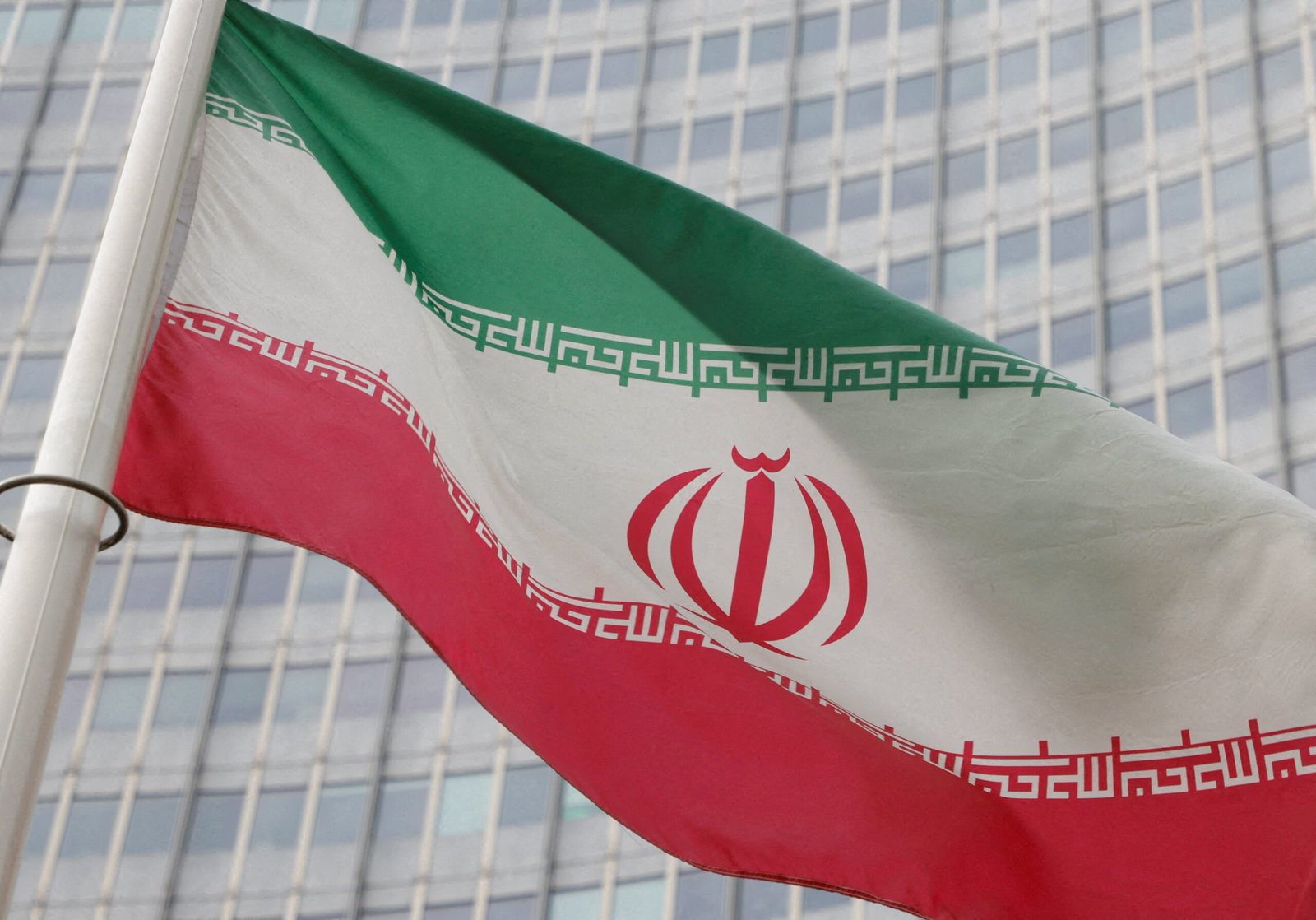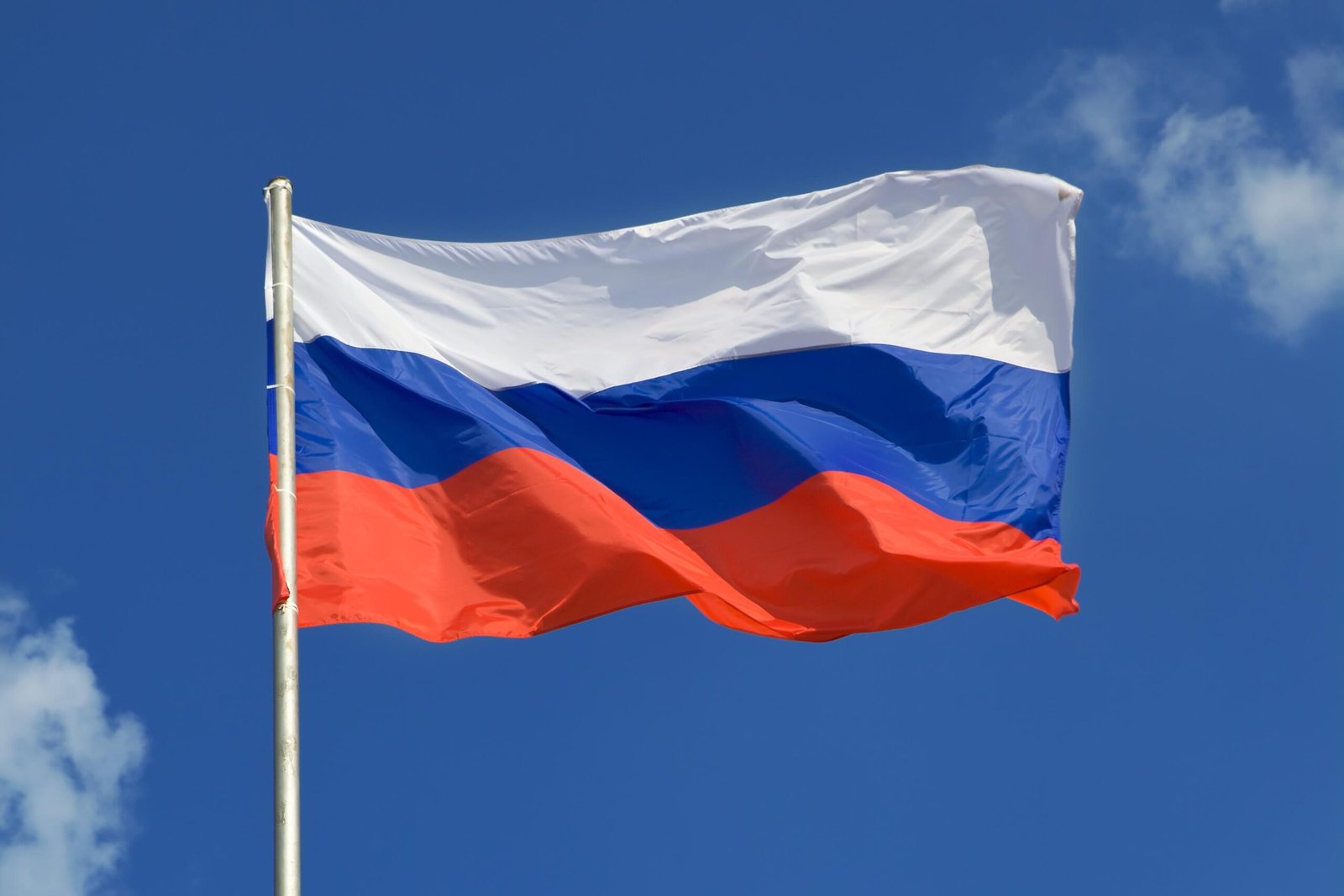The Senate Standing Committee on Cabinet scrutinized the National Electric Power Regulatory Authority (Nepra), urging a thorough audit of Independent Power Producers (IPPs) and a comprehensive disclosure of their stakeholders profiting from consumer funds without contributing to the power supply.
During the session, Nepra faced tough questioning regarding its contentious agreements with IPPs, who have been accused of reaping substantial profits from consumers while failing to deliver sufficient electricity. The committee, in a clear response to mounting public demands and protests, emphasized the importance of transparency and accountability, particularly in the context of soaring electricity costs.
In a presentation, the chairman of the Oil and Gas Regulatory Authority (OGRA) briefed the committee on the authority’s significant achievements in the oil and gas sector. These include finalized agreements with Attock Refinery Limited (ARL) and National Refinery Limited (NRL), involving a $1.3 billion investment to modernize their facilities, and pending agreements with PARCO and Cynergico, amounting to approximately $1.4 billion.
The OGRA chairman delineated the authority’s responsibilities, encompassing the assessment of revenue requirements for natural gas utility companies like SNGPL and SSGC, establishment of UFG benchmarks, formulation and enforcement of regulations, as well as monitoring performance and service standards. OGRA also oversees safety awareness initiatives in the sector.
Pl subscribe to the YouTube channel of republicpolicy.com
The committee was informed that OGRA has issued a total of 202 licenses in the oil sector, including permits for 5 refineries, 42 oil marketing companies, 3 oil storage companies, 2 pipeline companies, 80 lube blending/reclamation plants, and 70 lubricant marketing companies. In the natural gas sector, OGRA has granted 43 licenses, covering 6 integrated licenses, 15 transmission licenses, 16 natural gas/RLNG sale agreements, and 6 flare gas sale licenses.
Furthermore, OGRA has issued 364 licenses in the LPG sector, including producer company licenses, marketing companies, auto-refueling company licenses, and air mix plant licenses, along with 3 import terminal licenses. Additionally, the LNG sector has seen the issuance of 2 operational regasification unit licenses.
Moreover, the committee was apprised of the operation of 920 CNG stations in the CNG sector. OGRA’s efforts in addressing complaints were highlighted, with 6,205 out of 7,877 complaints resolved over the past three years, providing complainants with relief amounting to Rs121.32 million.
In terms of infrastructure investment, the oil logistics sector has received a total investment of Rs38 billion, contributing to the enhancement of the National Oil Supply Chain (NOSC) through the establishment of new oil storage facilities with a combined capacity of 544,570 metric tons. Additionally, refineries have undergone significant upgrades, with an investment totaling $4-5 billion.
Lastly, OGRA has reached an agreement with Pakistan Refinery Limited (PRL) for a $1.8 billion upgrade of its existing plant in Karachi, aimed at bolstering local production capacity.

















